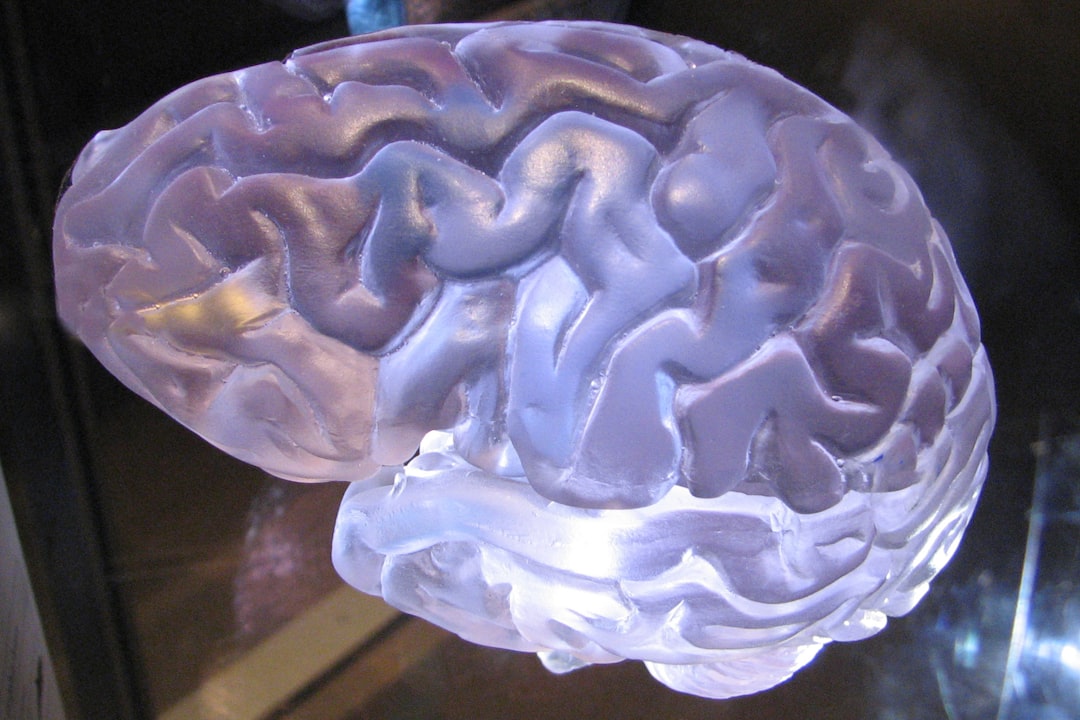What is it about?
Classical democratic theory sees dissatisfaction with politics and politicians as a helpful tool for the periodic and peaceful transfer of power. Interestingly, many contemporary commentators think that widespread political dissatisfaction is detrimental to democratic institutions. We examined the different emotions voters feel when they are dissatisfied. When voters feel regret about their party choice, they are likely to switch to another party in the next elections. When they are disappointed that they voted in the previous election or angry about their party choice, they are less likely to vote the next time.
Featured Image

Photo by Element5 Digital on Unsplash
Why is it important?
It is important to understand the emotions that are related to voting and other political outcomes because the different emotions can help and hurt the democratic process. For example, regret may foster a democratic change of power; voters should vote against parties and politicians who do not meet their needs. Anger and disappointment, however, may potentially weaken democracies by undermining participation in the electoral process.
Perspectives
Politics means making decisions. Sometimes these decisions will be wrong. These bad decisions cannot be fixed without translating feelings of dissatisfaction into political action. Vilifying all forms of dissatisfaction can prevent its useful functions from showing. Instead, we should think about what form of dissatisfaction leads to what kind of impact in which context
Mehmet Necip Tunç
Tilburg University
Read the Original
This page is a summary of: Not every dissatisfaction is the same: The impact of electoral regret, disappointment, and anger on subsequent electoral behavior., Emotion, April 2022, American Psychological Association (APA),
DOI: 10.1037/emo0001064.
You can read the full text:
Contributors
The following have contributed to this page










